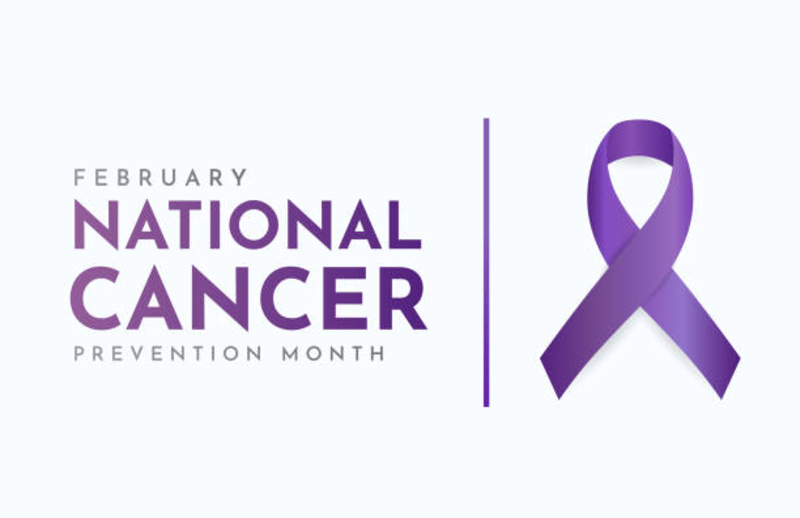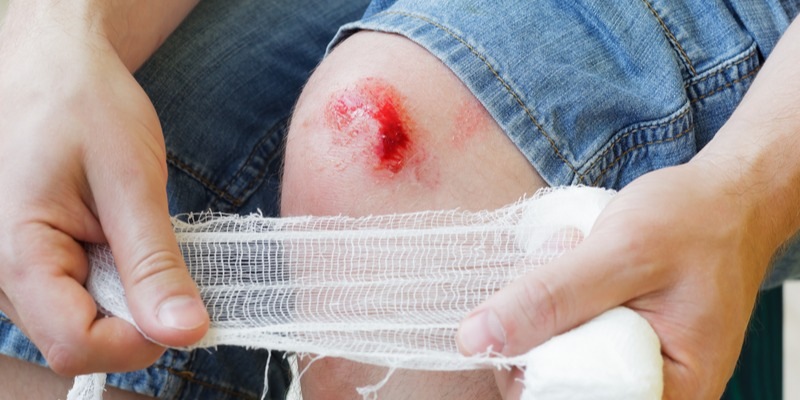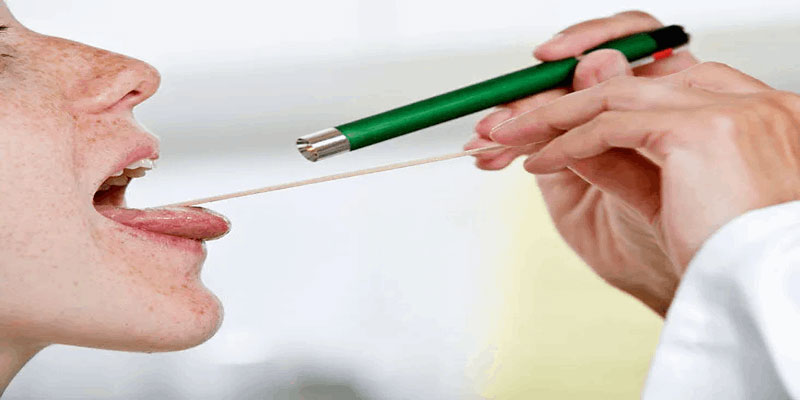Cancer is one of the most devastating illnesses anyone can face. It affects people from all walks of life, regardless of age and background. Fortunately, there are many steps you can take to lower your risk and protect yourself against cancer. In this article we will take an in-depth look at 15 ways to prevent cancer by making changes to your lifestyle. We’ll cover diet, exercise habits, chemicals and exposures that could be factors in causing cancer as well as revealing how technology might help us detect it early on so we can get treatment and fight back!
Eat a Healthy Diet:
Eating a balanced diet rich in fruit and vegetables is one of the best ways to lower your cancer risk. Foods high in fiber, antioxidants, and phytochemicals like omega-3 fatty acids can help protect against cancer. The World Health Organization recommends eating five servings of fruits and vegetables each day to reduce your risk.
Exercise Regularly:
Exercise is one of the best things you can do to reduce your risk of cancer. The American Cancer Society recommends at least 30 minutes of moderate-intensity physical activity five days a week to lower your risk.
Limit Sun Exposure:
Too much sun exposure increases your risk for skin cancer, so it’s important to limit your time in the sun and wear sun-protective clothing and sunscreen.
Avoid Tobacco:
Smoking or chewing tobacco is one of the most dangerous lifestyle habits for developing cancer. If you’re a smoker, quitting is one of the best things you can do to reduce your risk.

Reduce Exposure to Pollution:
Air pollution has been linked to an increased risk of certain types of cancer, including lung and bladder cancer. Try to limit your exposure to outdoor air pollutants by avoiding areas with a lot of traffic or factories that release harmful chemicals into the air.
Get Vaccinated:
Vaccinations can protect against certain types of cancer, such as cervical and liver cancer. Talk to your doctor about the vaccines that are right for you.
Do Regular Home Inspections:
Have your home inspected on a regular basis for any signs of mold, asbestos, or other hazardous materials that could be linked to an increased risk of cancer.
Wear Protective Gear:
When working with hazardous materials, always wear protective gear, such as gloves, masks, and coveralls to reduce your risk of exposure.
Monitor Your Health:
Make sure you’re up-to-date on all your preventive care screenings so any potential issues can be caught early or prevented altogether.
Reduce EMF Exposure:
Exposure to electromagnetic fields (EMFs) has been linked to an increased risk of certain types of cancer. To reduce your exposure, limit your use of cell phones and other electronic devices and keep them away from your body when in use.
Use Technology for Early Detection:
There are many technologies available today that can help detect cancer early on so it can be treated as soon as possible. These include mammograms, colonoscopies, and more. Talk to your doctor about which screenings are right for you.
Limit Your Exposure to Radiation:
X-rays and other forms of radiation can increase your risk of cancer, so it’s important to limit your exposure when possible. If you need to have an x-ray, make sure you talk to your doctor about the risks and benefits before proceeding.
Avoid Unnecessary Medical Treatments:
Some medical treatments, such as CT scans and radiation therapy, can increase your risk of cancer if used too often or unnecessarily. Talk to your doctor first before agreeing to any medical treatments that could expose you to radiation.
Practice Stress Management:
Stress can weaken your immune system, making it more difficult for your body to fight off disease. Try to manage stress through relaxation techniques and other forms of self-care such as meditation or yoga.
Get Enough Sleep:

Getting enough sleep on a regular basis helps keep your immune system strong and reduces inflammation in the body, which can help lower your cancer risk. Aim for seven to eight hours of sleep each night.
Eat Organic Foods:
Choosing organic foods helps reduce your exposure to pesticides and other chemicals that have been linked to an increased risk of cancer. Look for the USDA organic seal when it’s available.
Choose Natural Cleaning Products:
Many commercial cleaning products contain chemicals that can irritate your skin and respiratory system, so try to opt for natural cleaning products whenever possible.
Avoid BPA:
Bisphenol A (BPA) is a chemical found in many plastic containers and canned foods. It has been linked to an increased risk of cancer, so it’s best to avoid it whenever possible.
Test Your Water:
Many areas have water that contains toxic chemicals, such as arsenic or lead, which can increase your risk of cancer. Make sure you test your water to ensure it’s safe to drink.
Conclusions:
Although cancer is a complex and serious disease, there are steps you can take to reduce your risk. Making changes to your lifestyle, such as eating a healthy diet, exercising regularly, and limiting sun exposure, can go a long way in helping protect you against cancer. Using technology for early detection and understanding the chemicals around us can help us stay informed and make better decisions for our health. Remember, the best way to reduce your risk is to live a healthy lifestyle and be proactive in protecting yourself against cancer. Together, we can all help reduce the burden of cancer and create a healthier future for us all.



